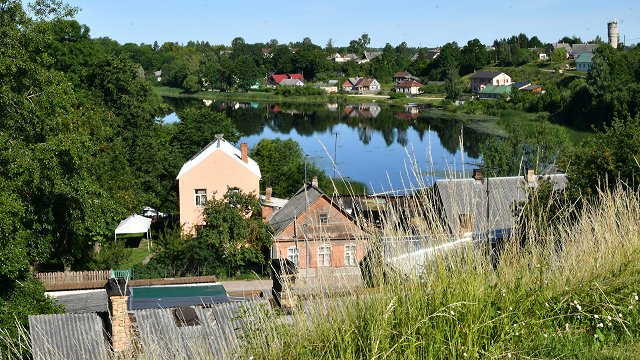Karīna Beinerte, head of the Child and Youth Mental Health Center at the Children's Clinical University Hospital (BKUS), lived in London for nine years but has now returned to Latvia. "In the UK, the health system is tiered, so that simpler cases go to general practitioners and residents, and more complex cases can be referred to expert supervision. It takes a long time to get to an expert."
Beinerte said that when she returned to Latvia, it was a bit strange to get used to the fact that there is an unofficial system alongside the official one - access to specialists is more direct and quicker, so there are two parallel systems, which doctors themselves allow, for example, by putting known patients or acquaintances between consultations or by working in parallel in both state-funded and private medical institutions.
Sometimes people also tend to distrust the British medical system because GPs tend to prescribe the same painkillers for a range of conditions. Beinerte also pointed to the language factor affecting trust: "I definitely felt among my fellow Latvians in the diaspora that one's own is one's own and in one's own language, Latvian, the health service seems much more reliable and understandable, because not everyone's language is strong enough to understand medical terms and complex diagnoses when they are explained. It is the fact that you can get a service in your own language from specialists that you have been going to for many years, because your mother or your cousin has gone there, that there is a lot of trust, and trust plays a big role in medical decisions."
Sometimes there is also a dispute in Latvian society about diaspora Latvians receiving medical treatment in Latvia - "we don't get to see a doctor ourselves, and then those from abroad come and snuff out our chances of getting good doctors".
Gunta Ušpele, head of the Latvian Health Tourism Cluster, called this a myth: "It is not so. These foreign patients certainly do not affect our people's access to good specialists, because medical institutions are very open and flexible and can work and perform operations on foreign patients even on Saturdays or at six in the morning. They are accommodating so that local patients are not left without a specialist because of foreign patients. [..]
"But if we are talking about the compatriots, we are focused on them and we very much want them not to lose their connection with Latvia, so that they always have the desire to return to Latvia at some point. And that's why, since 2017, we have been running a campaign with doctors, where every time 7-8 different types of specialists travel to different cities in the UK, Ireland, Norway, where we give free consultations to Latvians. This does not affect patients in Latvia, because these specialists go there on their weekends and usually consult compatriots in their home countries on Saturdays and Sundays."
As Inese Šīrava, Director of the Tourism Department of the Latvian Investment and Development Agency, pointed out, every such patient is a benefit for the Latvian economy: "These people spend money on services here in Latvia. A health tourist stays here longer than a leisure tourist and spends more, often taking advantage of leisure tourism offers. That is why a health tourist is a valuable tourist."
In addition, health or medical tourists, including those from the diaspora, use paid medical services because they do not have access to free or Latvian state-funded services.
It is notable that medical and health tourists often come to Latvia for expensive services, such as fertility diagnosis and treatment, artificial insemination, bariatrics, plastic surgery, dental treatment, and especially implantology. This is why health tourism is the most profitable form of tourism.
Last year, 28,000 health tourists came to Latvia, mostly from the UK, but not all of them were diaspora, most of them were UK citizens who came for gastric reduction surgery or bariatric surgery and also plastic surgery.




























